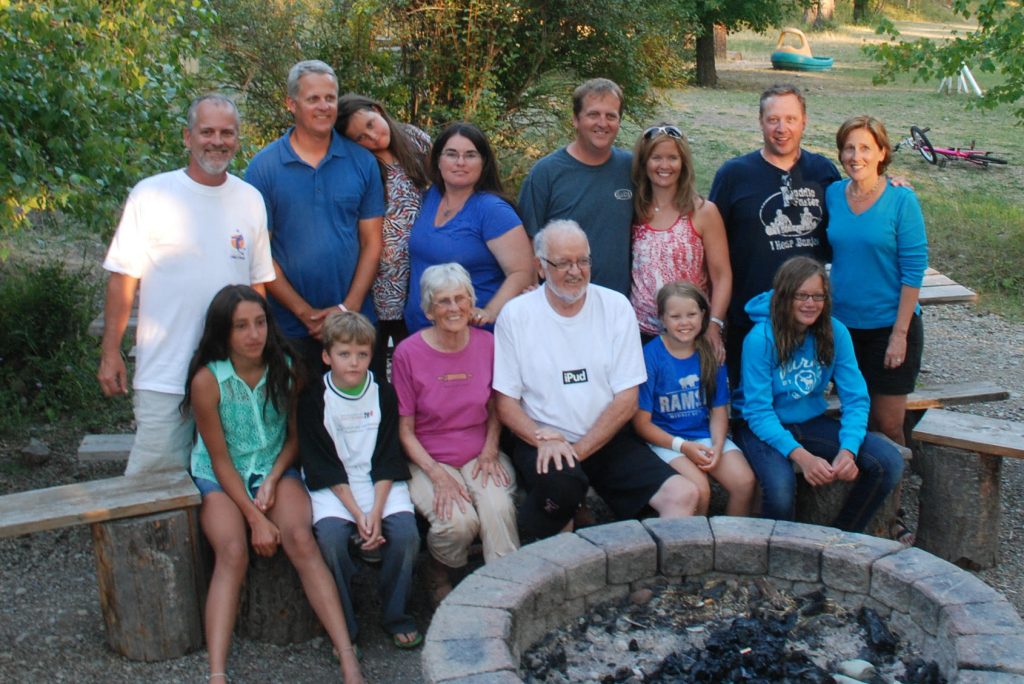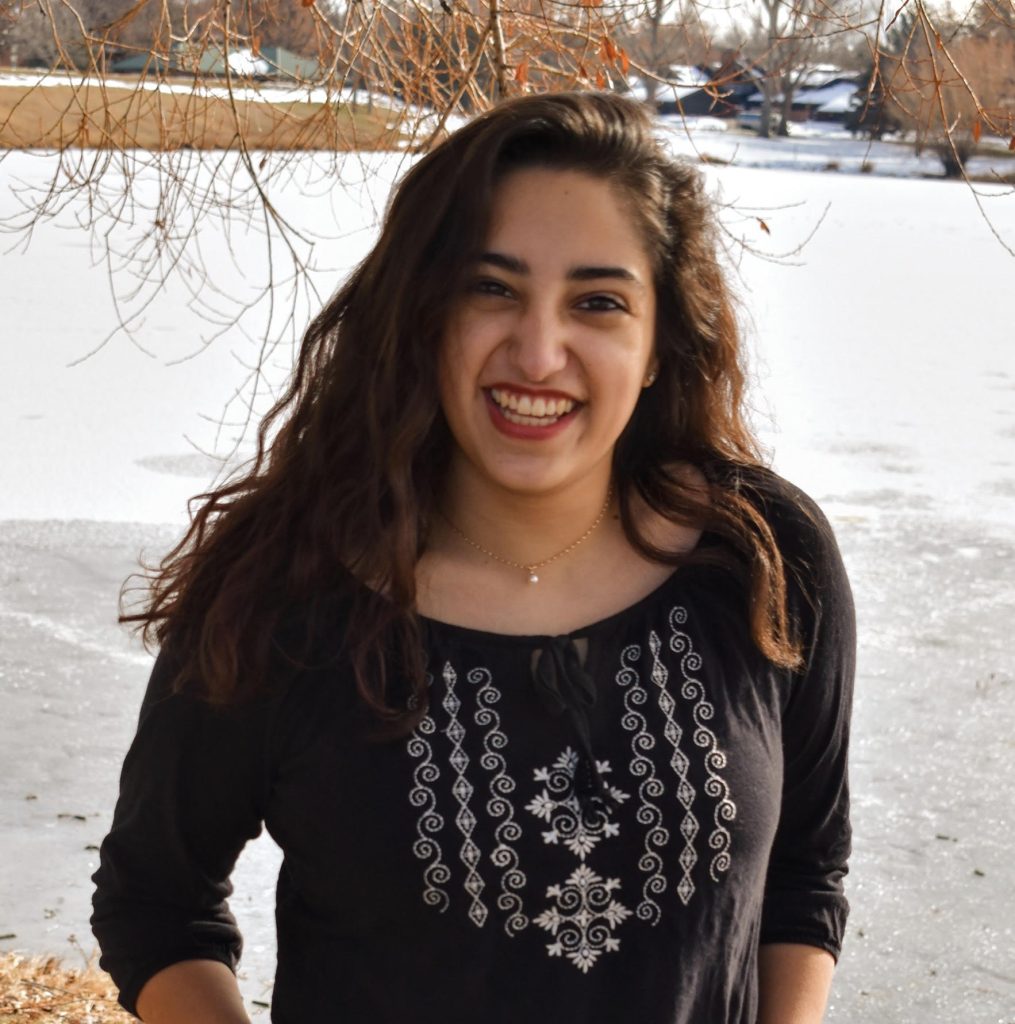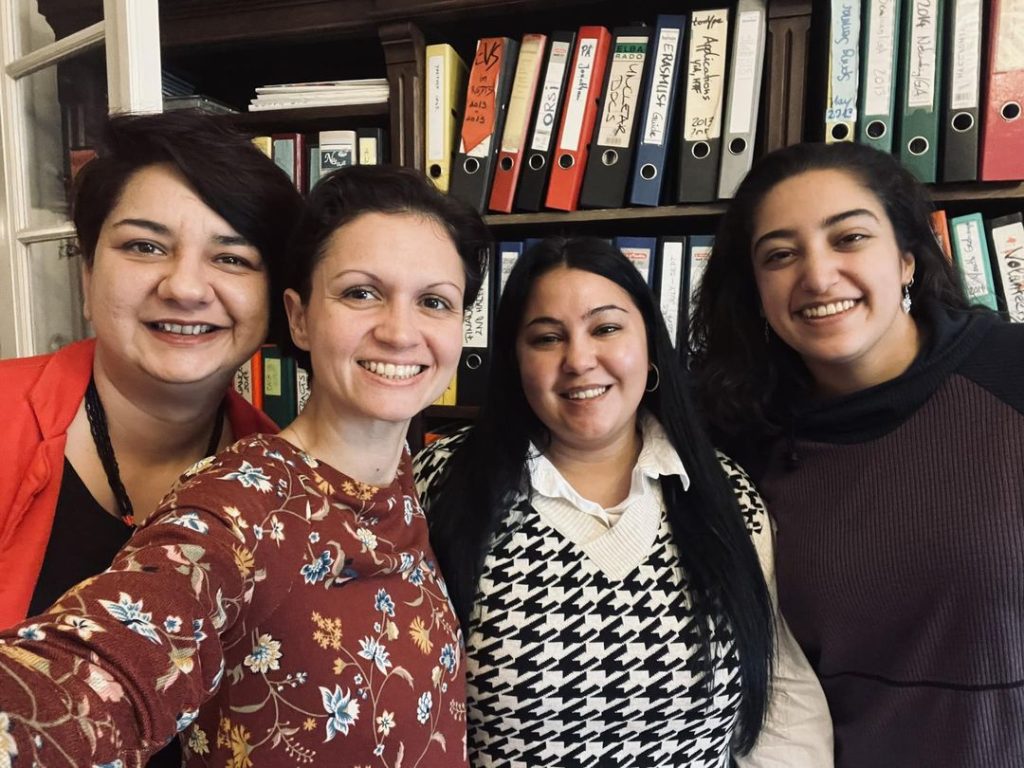Racism, Noun: prejudice, discrimination, or antagonism by an individual, community, or institution against a person or people on the basis of their membership in a particular racial or ethnic group, typically one that is a minority or marginalized. Oxford Language

It started from a very young age for me, people never believing that my white sister and I are actually sisters, because adoption apparently doesn’t exist. If adoption does get brought up, it’s only me and not both my sister and I that have been adopted. If not adopted then, my family is fostering me. Even with my own family, there are microaggressions that I have accepted and don’t really acknowledge them as bad. Extended family is always concerned about how dark I am getting, while also complimenting how I never burn, or my “gorgeous dark hair” in a family full of blondes, but never having my hair taken care of correctly.

I am the only one being asked if I had a boyfriend, at 11 years old, latina women being sexualized very early on in their lives. The same family members would get upset if any of my white cousins married a black person, but then said cousins marry people of Asian or Hispanic descent and the cycle somewhat repeats itself.The POC* in-laws claim that they have “brought flavor” to the family, as though I have not existed in the family for the past 24 years. Being sexualized in school by female teachers, surprisingly, and being one of the only non-white people in the whole school system, everyone knows who I am. Being told by a female teacher at 11 years old that I have bedroom eyes, and it being brushed off by everyone else in the room. Having a male teacher make me and the other POC girl have a fake conversation into a cooking spoon with the American president about a modeling job but not making any of the white girls do it. None of the adults in my life would outright say that they thought I would be a problem child, doing hard drugs and getting into trouble, but through actions made it very clear they thought I was an issue. The reality was they didn’t want to believe my white sister could be a problem child, and the assumption of many adults when my parents would talk about their problems with their daughter, it was me.

As I got older I became more comfortable with calling it out and asking why something was funny or asking them to repeat what they said to me. I got labeled bossy, aggressive, spicy and bold. These labels are something I hear a lot of latina women called. It’s also something I have heard a lot of Roma women called. The overall language used here in Hungary towards Roma is hateful, women are sexualized and sometimes the language is murderous. The mindset that I hear from some people, especially young children, about Roma is honestly terrifying. It is inconceivable such a tiny body has that much hatred in it already, towards people they have barely had interaction with other than in public places. The older kids tell me what their parents think and not what their own opinions are. The same kids that can’t tell me anything about how their government system works, or understand how privileged they are. The older kids cannot differentiate a person without a home and a Roma, because to them, all the poorest and uneducated must be Roma. There is no thought that Roma could be anything but poor and uneducated. Racism in America is more likely to be called out, it is more socially unacceptable to voice racist opinions. In Hungary, it almost seems to be a norm to spew hate towards anyone deemed Not Hungarian (but be discreet, don’t speak directly toward the person but talk loudly to the neighbor next to you about the undesirable person). It’s fine that an American or a Brit wants to live here, but a Roma, heck no.
When I tell my experiences with racism at home, I am always asked how the U.S. can be so racist and how people can treat others that way. If I ask about what happens here, I am always met with, “oh that doesn’t happen here, we don’t have racism”. If I then say what my experiences with racism here have been, it’s “oh I’m so sorry that happened to you, that is not normal, I hope you don’t think differently about Hungary because of this”. I have had an open water bottle thrown at me from a moving car with an older man screaming at me from the window. No one around me asked if I was ok, or if I was hurt. I had some people laughing after the incident, and others just walking away quickly. I have been talked about on the bus because the tourists thought I didn’t speak English, calling me many slurs and saying things they would like to do to me. I have had an English tour group walk past me and the tour guide point at me and say “Here is a typical Roma girl, going about her day”. The other day a lady came at me from the other side of the sidewalk forcing me to run into a wall, when no one else was around, for no reason other than she wanted me to run into the wall. About two minutes later, I had an old man spit in my face and from what I could understand, cuss me out. I have people move away from me on buses, women clutching their bags closer to them, men “protecting” their women by backing me out of where I am standing.
When I tell my Roma worksites that these things happen, I am met with sympathy and sometimes get their own experiences from similar things happening or shock that it was that aggressive. From my non-Roma people, there is the assumption it was a Roma that did it to me. I know that like Mexicans, Roma people are a spectrum of hair, eye and skin colors, but from my experience, the ones who hurt me or say nasty things are people who don’t fit the stereotype of what Roma look like.
My experience with racism here isn’t the highlight, nor should it be a main thing I remember. I have absolutely loved my time here, even with these things happening. I have the privilege in being American, not speaking Hungarian and by making it immediately speaking English in some of the worst situations, I am left alone, sometimes with sorrys, other times being left with glares. History and people have villainized this group of people, simply because they could. Roma are still being villainized and treated horribly and it’s being accepted as the norm, because it has been the norm for over hundreds of years. It is not normal to have this excessive amount of hatred in one’s body, for people that are just existing in the same place everyone else is in. In a conversation I had with Marina, Phiren Amenca, she told me I have probably spent more time with Roma in the 6 months I have been here, compared to Hungarians who spend their entire lives here. It is astounding that an American that will only be in Hungary for 11 months, will have spent more time with Roma and know potentially more about Roma than a Hungarian.
My personal experience in the Roma community has been so warm and welcoming. I feel I have been openly welcomed and have been invited to get to know these amazing people. From myself, to the community I have been invited into, I cannot apologize enough for how you are treated and talked about. It is unjust and unfair for this to be your normal and I am sorry that we non- Roma have failed you this much. I want to say thank you for inviting me in. Thank you for taking care of me, even when a language barrier is present, for feeding me and teaching me about you. Thank you for trying to teach me to dance, even when I really suck at it, and trying to teach me Romani words. I am eternally grateful for you all and the impact you have had on me is immense and something I will carry with me when I leave Hungary.
*POC- Person/people of color
Written by Sara Jo Larson, volunteer at the Budapest office of Phiren Amenca through the Young Adults of Global Mission program of the Evangelical Lutheran Church of America


